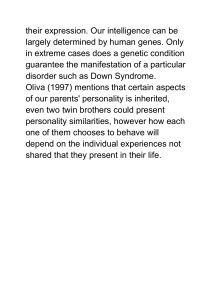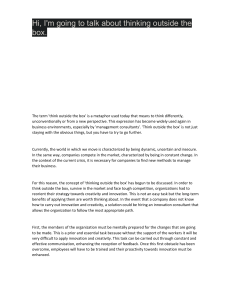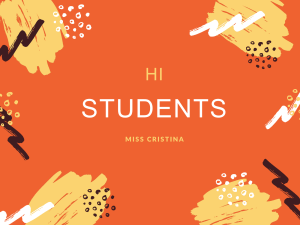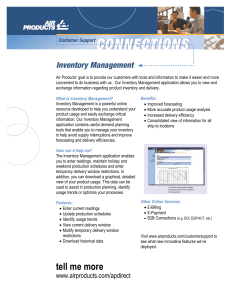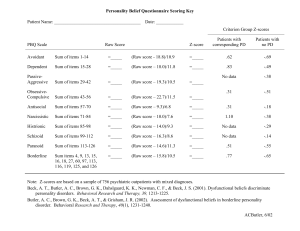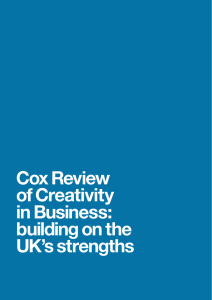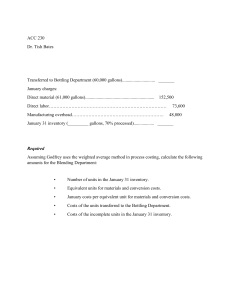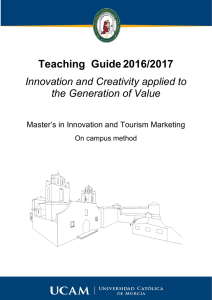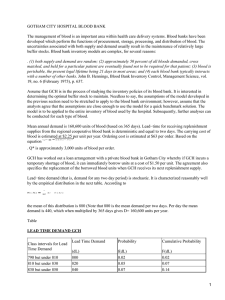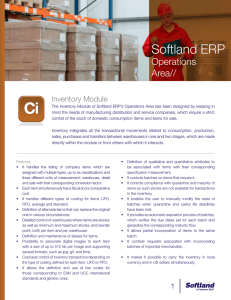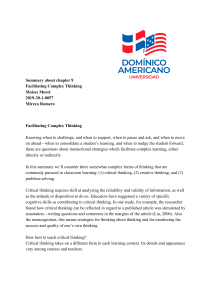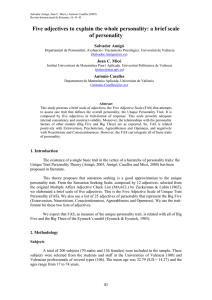The Audacity of Creativity Assessment
Anuncio
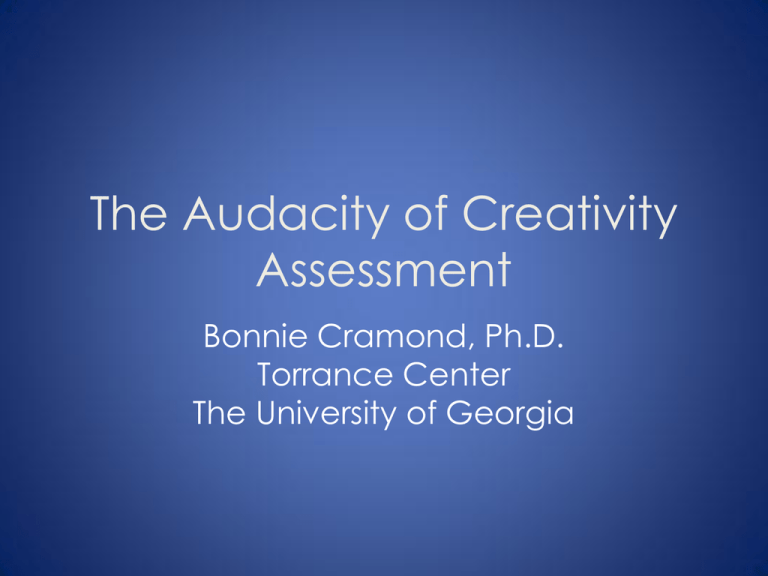
The Audacity of Creativity Assessment Bonnie Cramond, Ph.D. Torrance Center The University of Georgia A Metaphor Psychological Assessment Sometimes a Snapshot Doesn’t Tell the Whole Story… Caveats and Considerations 1. 2. 3. 4. 5. There are false negatives There are not likely to be false positives. All tests are not equal Assessments have a short shelf life. Assessment results have a short shelf life, too. 6. No assessments have pinpoint accuracy. Any Psychological Measurement is Audacious… • But provides us with valuable information. • We must remember limitations and use judiciously • Value is in predictive validity Predictive Validity of Creativity Assessment • Creativity measures, such as divergent thinking test scores and creativity inventory scores, are generally predictive of creative activities, interests, and accomplishments later in life • (Cline, Richards, & Needham, 1963; Kogan & Pankove, 1974; Rimm & Davis, 1983; Russ, Robins, & Christiano, 1999; Torrance, 2002). Methods and Instruments for Assessing Creativity Should Based Upon the Answers to Some questions… Cognitive Ability or Personality Trait? • Guilford’s Structure of Intellect • • • Minnesota Multiphasic Personality Inventory (MMPI) Neo Personality Inventory (NPI) Gough’s Creative Personality Scale for the Adjective Checklist Eminent or Everyday • Historiometric/biogr aphical approach • Lifetime Creativity Scales “A first rate soup is more creative than a second rate painting” Maslow Galton Aptitude or Achievement • Torrance Tests of Creative Thinking • Consensual Assessment Technique--Amabile Holistic, Subjective Judgments, or • Consensual Assessment-Amabile Specific, Objective Criteria • • • Creative Product Semantic Scale (CPSS) or Creative Product Analysis Matrix (CPAM)*-- Besemer & O’Quin Cropley & Cropley *Novelty Surprising Originality Resolution Logicalness Usefulness Value Understandability Elaboration and Synthesis Organic qualities Well-craftedness Elegance Child or Adult • • Group Inventory for Finding Talent for grades k-6 (GIFT)– Rimm Group Inventory for Finding Interest for grades 6-12 (GIFFI)-Davis & Rimm • Remote Associates Test (RAT)—Mednick • Most personality measures Bass Complex Bald Eagle Screech Blood Music Cheese Blood Room Blood Salts Bath House White Rabbit Cloud Sleep Deep Emblem Divergent or Convergent Thinking • • TTCT—Torrance Tests of Creative Thinking Divergent Production— Urban & Jellen • Flanagan Ingenuity Test A hostess for a children’s party wanted to serve ice cream in an interesting manner, and she decided to make a clown for each child. She placed a ball of ice cream to represent the clown’s head on a round cookie which served for a collar, on top of this she inverted a A. t _ _ e. B. u _ _ i. C. r _ _ s. • D. c _ _ e. E. t _ _ r. Answer is D, cone. In Context or Decontextualized • • Measures of Creativity in Sound and Music (Wang) The Seashore Measures of Musical Talents (Seashore, Lewis, & Saetveit) • The Barron-Welsh Art Scale • The Meier Art Test • The Horn Art Aptitude Inventory • The Graves Design Judgment Test • TTCT • Williams Tests • TCTDP General or Specific • Guilford Tests • Torrance Tests • Personality tests • Consensual Assessment Technique Bandwidth--width of measurement vs. fidelity-- precision of measurement ‘ Self or Other Scales for Rating the Behavioral Characteristics of Superior Students (SRBCSS) Renzulli Runco Ideational Behavior Index-Runco & Plucker Quality of ideas is more important the quantity SD D N A S A The student demonstrates... 12. imaginative thinking ability. 13. asense of humor. 14. the ability to come up with unusual, unique, or clever responses. 15. an adventurous spirit or a willingness to take risks. 16. the ability to generate a large number of ideas or solutions to problems or questions. Person Process •Personality Scales •Tests of Divergent thinking and other creative processes •Neurobiological Indicators such as low latent inhibition — e.g.Carson, Peterson, &Higgins Product Press Product rating systems, such as The Student Product Assessment Form (Reis & Renzulli) Besemer and O’Quin’s, and Cropley & Cropley’s KEYS—Amabile Consensual Assessment Technique--Amabile Situational Outlook Questionnaire (SOQ) –Ekvall A Creative Attitudes Survey— Basadur & Hausdorf “Success is the child of audacity” Disraeli (1833)
